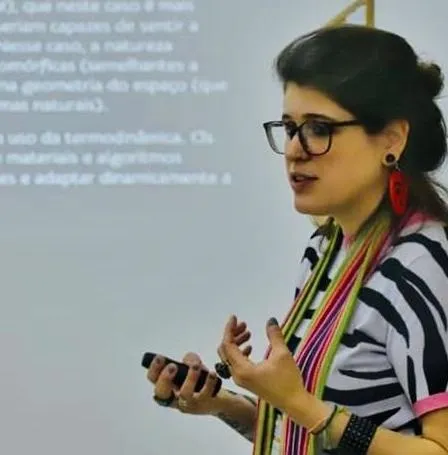About the project
This project will explore and examine dynamics of resilience by creating and developing deliberately simplified models of complex adaptive systems, constructed as "serious games". Combining geography, game theory, creative design, and complexity science, these "serious games" will pursue a new method of gaining dynamical insight into classical resilience problems.
Resilience is a dynamic that describes both elasticity and brittleness in response to disruption. Although resilience is intrinsic to a vast array of systems, mechanisms of elasticity and brittleness in any particular system are often poorly understood. To make resilience problems more tractable, researchers use theory and techniques from the science of complex systems, constructing deliberately simplified or "toy" models to explore nonlinear dynamics observed in real systems. An especially challenging set of resilience problems involve complex adaptive systems, in which critical functions and feedbacks depend on behaviours such as iterative decision making, learning, and strategy evolution. But capturing adaptive dynamics in models of complex adaptive systems has challenged resilience researchers for decades.
This project will advance insight into dynamics of resilience by reimagining complex adaptive systems as "serious games" – deliberately simplified "human in the loop" computer models in which mechanisms of adaptation are handled by a participatory player.
This studentship will involve the creation, design, development, and examination of one or more "serious games" inspired by key examples from the resilience literature (e.g., natural hazards in built environments, asymmetry in common-pool resources). Game-play data and player experience will be collected and analysed as a "design material".
The project will widen participation in resilience studies by involving a diversity of players in participatory research, and through engagement and impact with project outputs (including the games themselves).
This studentship will build technical and transferrable skills across a broad spectrum, including: systems thinking, game theory, creative design, code development, data visualisation, writing and presentation for specialist and general audiences, participatory research methods, and activities for engagement and impact.
Applicants with experience writing Python code are encouraged to apply.

